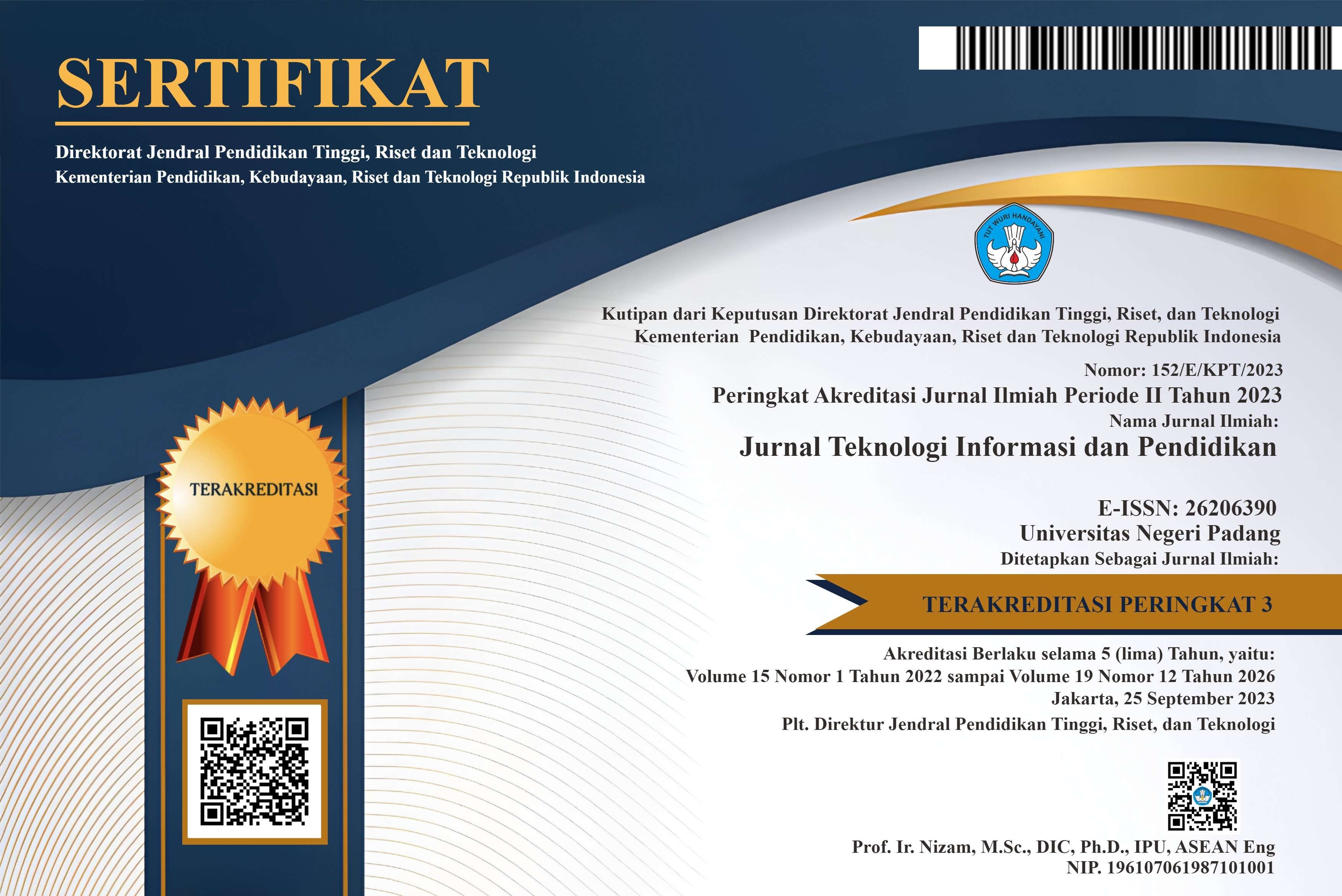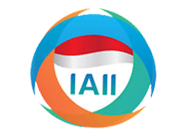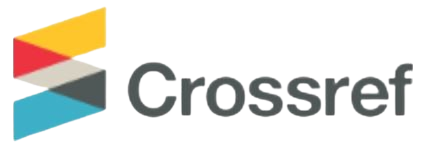Analysis of Students’ Report Writing from SFL-GP Perspective and Its Relation to Students’ Proficiency
Abstract
Academic writing is one of important skill to have students in tertiary education, including students of Information Technology Diploma. Using Systemic Functional Linguistics Genre Pedagogy (SFL GP), the students report writings are investigated, his research aims at investigating how students comprehend SFL GP in their report writing and find out the relationship between students’ knowledge of SFL GP with their language proficiency. The texts are analyzed using the genre division by Rose and Martin. The results of the analysis will be used to investigate if the knowledge of genre writing for technology-based students is related to their language proficiency. This research contributes to better use of genre pedagogy for science students, more specifically, students of Information Technology.
References
S.D. Anderson, “Project quality and project managers. International”. Journal of Project Management, vol. 10, no.3, pp. 138–144, 1992.
M.J. Benner, and M. L. Tushman, “Exploitation, exploration, and process management: the productivity dilemma revisited”, Academy of Management Review vol. 28, no. 2, pp. 238–256, 2003.
E. Arneback, T. Englund, and T. D. Solbrekke, “Achieving a professional identity through writing,” Educ. Inq., vol. 8, no. 4, pp. 284–298, 2017.
L. Ganobcsik-William, A Report on the Teaching of Academic Writing in UK Higher Education. University of Warwick, 2004.
Tim-Dosen, Buku Kurikulum Diploma 3 Teknik Informatika 2016 - 2019 Institut Teknologi Del. unpublished, 2016.
E. Mortimer and P. Scott, Meaning making in secondary science classrooms. PA: Open University Press, 2003.
D. Passey, “Computer science (CS) in the compulsory education curriculum: Implications for future research,” Educ. Inf. Technol., vol. 22, no. 2, pp. 421–443, 2017.
K. Hyland, Genre and second language writing. Michigan, US: Cambridge University Press, 2004.
M. A. K. Halliday, Language as social semiotic: the social interpretation of language and meaning. London: Edward Arnold, 1978.
D. Rose and J. . Martin, Learning to write, reading to learn: Genre, knowledge, pedagogy in the Sydney school. Sheffield: Equinox, 2012.
E.-I. Minister-of-National-Education, The 2004 curriculum: Competence standards: English for senior high schools. Jakarta: Indonesian Ministry of National Education.
M. Rahman and Tartila, “The implementation of genre based approach in English teaching at Islamic Senior High School Model (Man Model) Jambi,” Reflective, vol. 4, no. 1, pp. 28–36, 2013.
E. Emilia and F. . Hamied, “Systemic functional linguistic genre pedagogy (SFL GP) in a tertiary EFL writing context in Indonesia,” TEFLIN J., vol. 26, no. 2, pp. 155–182, 2015.
G. Myskow and K. Gordon, “A focus on purpose : Using a genre approach in an EFL writing class,” ELT J., vol. 64, no. 3, pp. 28–292, 2010.
G. Myskow, “Genre analysis for novice L2 writers: Sample activities and suggestions for implementation,” pp. 13–26, 2012.
J. D. . Rivera, “Using a genre-based approach to promote oral communication in the Colombian English classroom,” Columbian Appl. Linguist. J., vol. 14, no. 2, pp. 109–126, 2012.
A. Padyab, T. Päivärinta, and D. Harnesk, “Genre-Based Assessment of Information and Knowledge Security Risks,” 47th Hawaii Int. Conf. Syst. Sci., pp. 3342–3451, 2014.
L. Kervin, W. Vialle, S. Howard, J. Herrington, and T. Okely, Research for Educators, 2nd Edition. Vic: Cengage Learning Australia, 2015.
Copyright (c) 2021 Jurnal Teknologi Informasi dan Pendidikan

This work is licensed under a Creative Commons Attribution-ShareAlike 4.0 International License.















.png)














